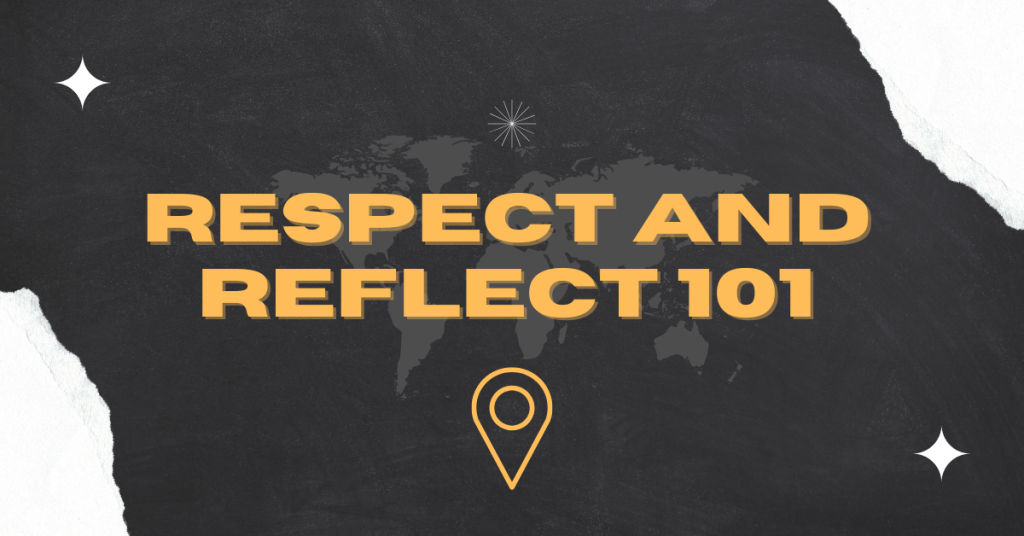If you were thinking about a room filled to the brim with unique wall art, posters of your favourite films, a shelf of cacti and the scent of lemongrass from a scented candle when I brought up the word “Safe space”, I’m happy to report – you’re not the only one.
While it’s not as cozy as the picture I’ve painted in the introductory paragraphs of this article, safe spaces are important to have everywhere. Whether that’s your home, university or your place of work.
That’s cool and all, but how do we do that?
I’d say, it’s a matter of treating others the way you want to be treated. Taking the time to think before you take the leap on that risky joke you might share at a pub social, or mastering the art of diversion and re-direction if you think a conversation starts taking a turn for the worse, goes a long way in making sure that others around you don’t get hurt by your words or actions.
It may be difficult to do it all on your own as none of us think alike 24/7. My definition of equality, inclusivity and diversity may end up being different from yours. In extreme cases, this difference in definitions may also lead to us making quick judgements of people and situations around us, often without realising it and without hearing the other side of the narrative.The phenomenon is often considered as a part of our unconscious bias, and fortunately for us, it’s something we can reflect on ourselves and actively challenge through continuous efforts.
To find out more about our unconscious bias, we can take tests like the Implicit Association Test (IAT). A research project in the works since 2011, this test can be taken for a variety of different categories such as weight, disability, gender, sexuality, skin-tone, race and many others. Don’t fret over preparing for it as these questions merely ask you to your own judgements.
Stopping dead on your tracks to think is never a bad thing, sometimes it may even help you listen to other’s opinions and perspectives which gives us a healthy framework to challenge the views that we may possess and think critically and objectively.
Finally, give yourself the opportunity to reflect on your words and actions, think about how that may affect other people and be honest with yourselves. Because if we don’t own up to our own mistakes, who else will?
It may take a while for us to get there, but we can build ourselves countless colorful and cozy “safe spaces” together!


